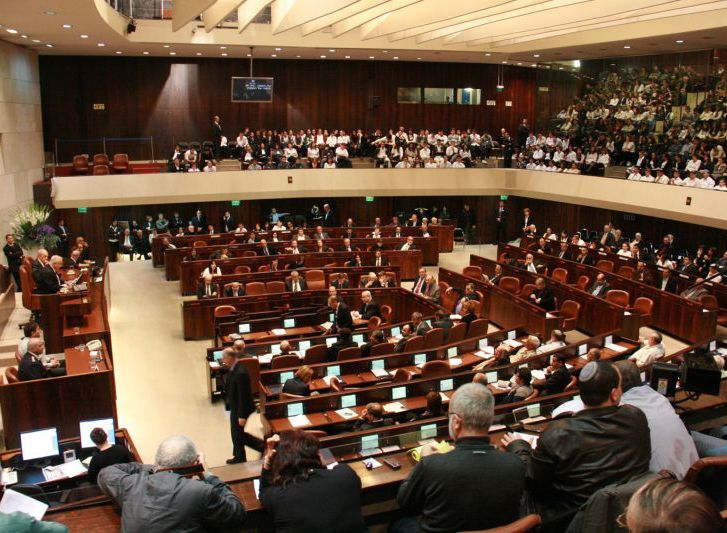Israeli Supreme Court upholds the law prohibiting calls for boycott against Israel and the settlements in the West Bank
Tonight, 15 April 2015, the Israeli Supreme Court delivered a 233-page decision rejecting most parts of a petition filed by human rights organizations and political movements against the Anti-Boycott Law.
Read the English summary of the court decision
The law, enacted in July 2011, imposes sanctions on any individual or entity that calls for an economic, cultural or academic boycott of Israel’s West Bank settlements or of Israel itself. It allows entities to sue and to win compensation from individuals or organizations that have called for a boycott. It also permits the Finance Minister to impose severe economic sanctions on Israeli individuals, groups, and institutions that receive state support if they call for or participate in a boycott.
The organizations that petitioned against the law harshly criticized the Supreme Court's decision: "Today, the Supreme Court refrained from doing what was essential - to defend freedom of expression. The Anti-Boycott Law is a law to ‘shut mouths’. Its sole purpose is to silence legitimate criticism. The Court's decision allows sanctions on freedom of expression and the right to political action concerning hotly contested issues of debate."
Ma'ayan Dak of the Coalition of Women for Peace, who used to call for boycott and divestment before the enactment of the law, stated that, "Boycotts and divestment are recognized around the world as legitimate, non-violent tools of protest. In its decision, the Supreme Court approved the silencing and the restriction of legitimate protest to criticize and act to change Israeli policy."
Adalah Attorney Sawsan Zaher stated that, "This arbitrary law harms Palestinians more than others because they are on the frontlines of struggling against the Occupation and the violation of the human rights of their people under Occupation in the West Bank and Gaza." She further emphasized that the law is even more problematic for Palestinian residents of occupied East Jerusalem because it prevents them from using a main civil protest tool of boycott to end the Occupation.
The petitioners emphasized that the law violates the basic principle of equality because in other fields, such as consumer-related protests, bodies call for boycott without being subjected to tort lawsuits for damages. In addition, the Supreme Court allowed the state to allocate resources according to the political views of institutions, and to marginalize entities that are critical of state policies from these resources. This is a severe step because public resources should be divided in an equal way to different groups in the society, even if and especially when, there are big divisions.
Adalah Attorneys Hassan Jabareen and Sawsan Zaher and ACRI Attorney Dan Yakir argued in the petition and before the Supreme Court that the law imposed a ‘price tag’ for legitimate political expression and undermined public debate on the most controversial issues in Israeli society. The law has had a ‘chilling effect’ by deterring calls for a boycott as a political stance.
The petition was filed on behalf of eight civil society organizations, including five leading human rights organizations in Israel – Adalah; the Association for Civil Rights in Israel (ACRI); the Public Committee Against Torture in Israel (PCATI); HaMoked - Center for the Defence of the Individual; and Yesh Din. The petitioners also include three organizations that promote an economic boycott as a means to end the Occupation: the Coalition of Women for Peace, the High Follow-up Committee for Arab Citizens in Israel, and the Jerusalem Legal Aid and Human Rights Center.
Case citation: HCJ 2072/12, The Coalition of Women for Peace, et al v. The Minister of Finance, et al.(decision delivered 15 April 2015)
For more information, contact:
Salah Mohsen, Adalah's Media Director, salah@adalah.org, 052-5950922
For more information, see:
Excerpts of the Petition Against Anti-Boycott Law (English)
Excerpts of the State’s Response (English)
Leading Human Rights Organizations Petition the Israeli Supreme Court to Cancel the Anti-Boycott Law, Adalah Press Release, 15 March 2012

















